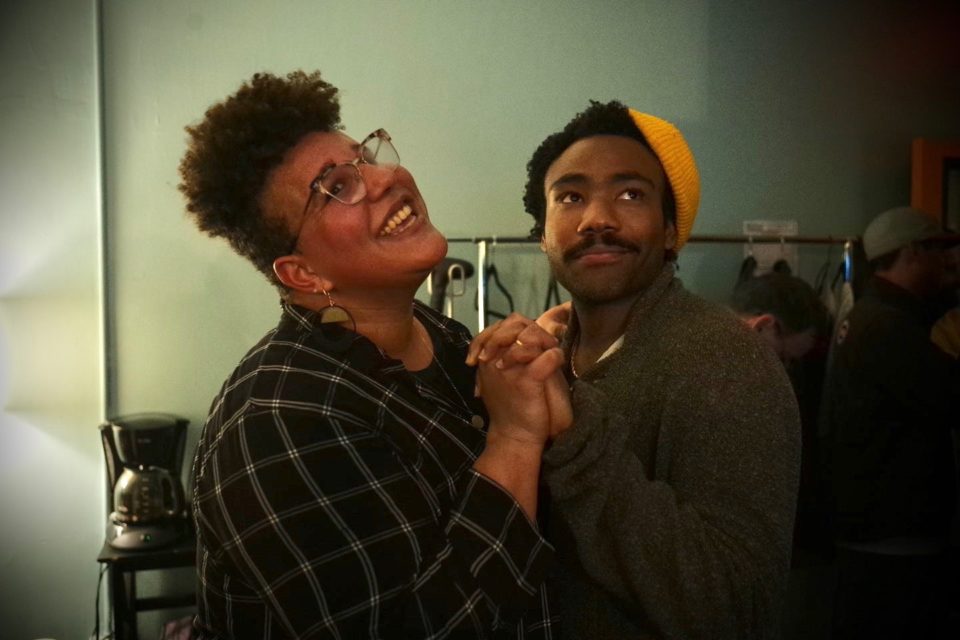In 2019, Brittany Howard released her first solo album Jamie, a record acclaimed for its fearless and imaginative execution of musical arrangements and lyrical depth. It earned Grammy nominations in a variety of genre categories, from alternative to R&B, American roots and rock. Howard’s newly released project Jamie Reimagined expands that stylistic breadth even further and challenges notions of traditional remixes.
She hand-picked artists who are peers and sources of inspiration to apply their adventurous approaches to sound-making, and gave them the freedom to radically reinvent her music. In this newly reimagined world, Howard offers listeners and musicians alike a masterclass in collaboration and a profoundly poignant and extensive look into themes such as time, spirituality, and race.
Our first introduction to this new world is the opening track, a reworking of “13th Century Metal” by singer-songwriter Michael Kiwanuka and production duo St. Francis Hotel. Originally conceived of as an explosive improvisation between Howard, Alabama Shakes bassist Zac Cockrell, keyboardist Robert Glasper, and drummer Nate Smith, drawing influence from spoken word poet Gil Scott-Heron, the new version of “13th Century” is transformed by Kiwanuka with the addition of a West African-inflected groove and haunting choral arrangements. Echoing Howard’s background in church and admiration for the late Aretha Franklin, the song now feels like a Sunday morning gospel processional in which the preacher foreshadows to the congregation what is to come in service. Howard is both inviting us and warning us that whether you like it or not, a change is gonna come.
Working with Howard’s song “Goat Head,” the Atlanta hip-hop duo Earthgang takes her personal story of the racialized threats aimed at her family in Alabama and expands it into the present uprising against systematic oppression and police brutality. Earthgang accomplishes this by adding completely new verses with lines intertwining religious imagery with references to the late George Floyd, one example of the many Black lives taken by brutality, and his bone-chilling plea for breath. Just as potent is the reconfiguring of the song’s original hook to intersperse lyrics from the U.S. national anthem with descriptions of surveillance.
O say, can you see?
Guns aimin’ at me
O say, can you see?
Midway through the album, the Canadian instrumental group BadBadNotGood takes a jazzy approach to Howard’s song “Tomorrow,” powered by an animated drum groove. The original version depicted the comfort of day-to-day rituals alongside a sense of possibility that you could look to the future and choose something different. What BadBadNotGood brings to the table in their new arrangement is palpable tension. The chaos that builds throughout the track lets us feel how this cycle of immobile procrastination pressurizes over time, and the difficulty of shaking off the dust and choosing a new path.
Georgia Anne Muldrow, the musical crush that Howard had in mind writing the song “Georgia” on Jaime, also joins Howard for a new interpretation of “History Repeats” a reflection and a plea to listeners for the openness and vulnerability that is necessary for change. Together, Muldrow and Howard provide a full circle wrap-up of the album’s themes, how in order to imagine a new future, we must live in the present with the knowledge that the past informs our every move. To do otherwise, they remind us, “we defeat ourselves.”

